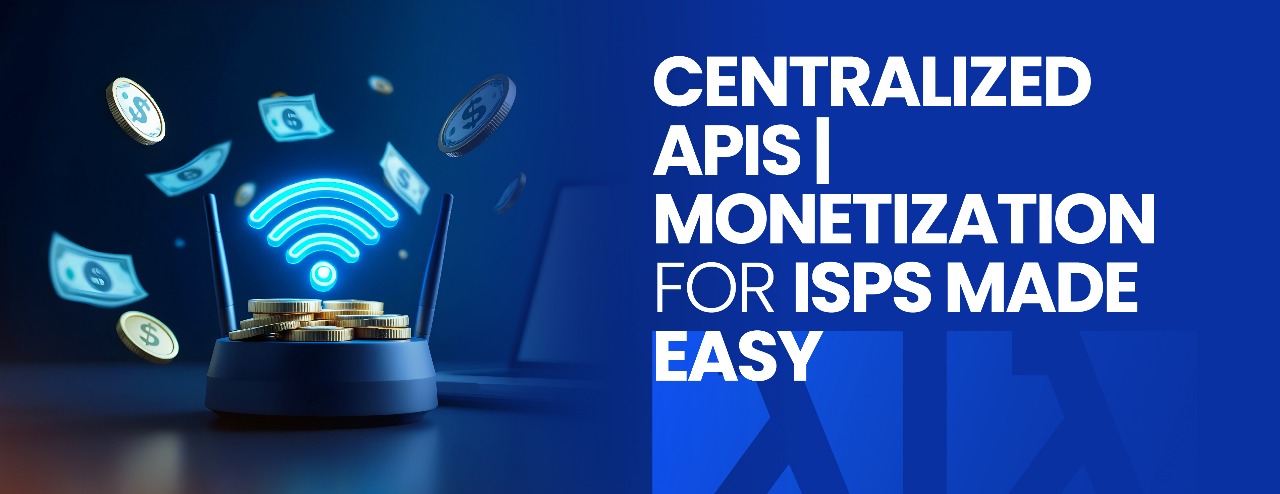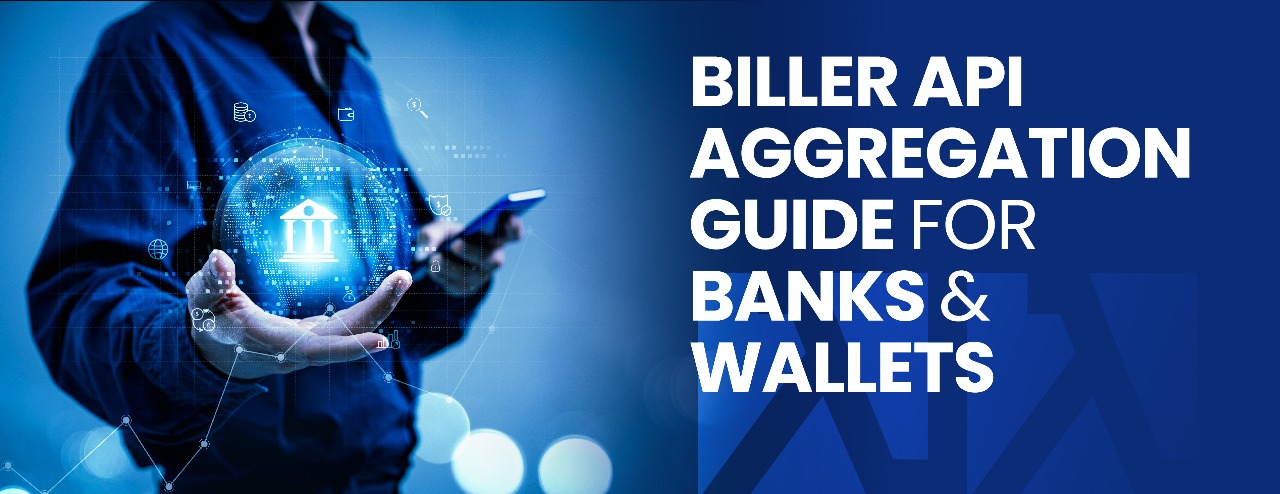With the internet age, fintech is transforming the way people pay for goods, and economies are turning into cashless economies. Financial technologies are transforming payment in everyday life in Singapore and Dubai and making the use of hard money an exception and achieving economic inclusion. Here, we explore the role fintech programs, government support, and new payment models have played in accelerating the transition towards cashless societies in the two global hotspots.
Government Programs and Regulatory Assistance
Both Dubai and Singapore have employed active government support to facilitate fintech innovation. In Dubai, the government’s “Cashless Strategy” aims for 90% of transactions to be conducted digitally by the year 2026. Dubai’s aggressive positioning—through the Dubai Future Accelerators and joint partnerships with the local banks—has established a reliable regulatory environment. This environment does not only stimulate businesses to embrace digital payment, but it also gives consumers the assurance of security and stability.
Singapore, however, is an experienced player in digital transformation with the Smart Nation program. Monetary Authority of Singapore (MAS) contributed its share by creating policies to facilitate the adoption process for digital payment systems. Payment schemes such as PayNow, SGQR, and NETS made transactions seamless for everyday use. Effective regulation and continuous public-private partnership made Singapore the global benchmark for the adoption in the digital finance space.
Innovative Payment Solutions
Fintech companies and traditional finance companies in Dubai and Singapore are designing innovative payment platforms to make transactions smoother and easier. Dubai’s du Pay is one such innovative organization with its mobile payment services offering instant and safe transfers even to the population groups that were not served by conventional banks. Such payment platforms enable remittances, retail payments, and even bill payments to become easy, making it easier for residents and businesses to follow a cashless lifestyle.
Payment innovation comes second nature to Singaporeans. Contactless payment and mobile wallets have seen adoption rates at record highs. Examples abound in real life such as the use of PayNow for person-to-person transactions and the adoption at hawker centers and small convenience stores. Market estimates now position Singapore’s payment market for digital at the level of US$48.50 billion by the year 2025—a benchmark for the level at which the nation’s cashless ecosystem is thriving.
Real-Life Instances and Important Figures
The impact on cashless economies can be seen through the real-life examples below. Dubai government’s Cashless Strategy, for instance, and the introduction of fintech services such as du Pay are pushing even such cash-based industries like expatriate labor to the online payment model. Reuters reported last year that nearly all government transactions were online, an indication of the city’s march towards completely cashless.
Similarly, everyday transactions are quick and secure with fintech-enabled platforms in Singapore. Retailers now utilize QR code payments and mobile wallets with the Smart Nation program, substantially reducing the use of cash. Latest reports show that most Singaporeans now prefer to use digital channels to make payments, meaning increased transaction volume and economic efficiency.
Challenges and Opportunities
There have been promising developments, yet the problems to be solved. Cybersecurity, privacy of the data, and the need for greater financial inclusion are common pitfalls. Singapore and Dubai both have the ongoing need to ensure that the vulnerable population groups, such as the poor or the under-banked, are not left behind. Fintech companies are overcoming such impediments by adopting tailor-made solutions that balance simplicity with maximum security.
In addition, interoperability among different payment systems and cross-border payment remain the most urgent areas to be enhanced. There is the need for open banking and integrated online payment networks to tackle these roadblocks in order to facilitate smoother cross-border payments and increased innovation.
The Future of Cashless Economies: What’s Next?
The digital payment process in Dubai and Singapore is by no means complete. With constant technological advancements such as blockchain, artificial intelligence, and IoT, the two cities can continue to drive the cashless narrative. In Dubai, future developments are likely to be around pushing the adoption rate for mobile payments for societies that were typically cash-based and integrating new technologies to make the security aspect for transactions stronger. In Singapore, the direction is towards the scaling-up of digital payment programs and leveraging advanced analytics to provide customized finance services.
The overall effect of such innovations enhances the convenience for the consumers at the same time creating broader economic benefits like increased transparency, reduced transaction cost, and increased financial inclusion.
Conclusion
Fintech is also driving the transition to cashless economies in Dubai and Singapore. Thanks to government efforts, new payment technologies, and efforts towards financial inclusion, the two cities are making strides towards abandoning cash. With such fintech ecosystems continuing to mature, companies like Lambda Payments are playing an important role.
Lambda Payments uses the latest technology to offer secure, efficient, and scalable payment services driving the growth of cashless economies. With bespoke services bridging the gap between old bank and new fintech, Lambda Payments is doing more than enhancing transactional experiences but driving greater economic engagement—putting them at the forefront of the future of digital finance.
Where convenience and security are priorities, the ongoing fintech boom in Dubai and Singapore is the model for the rest of the world to follow.








